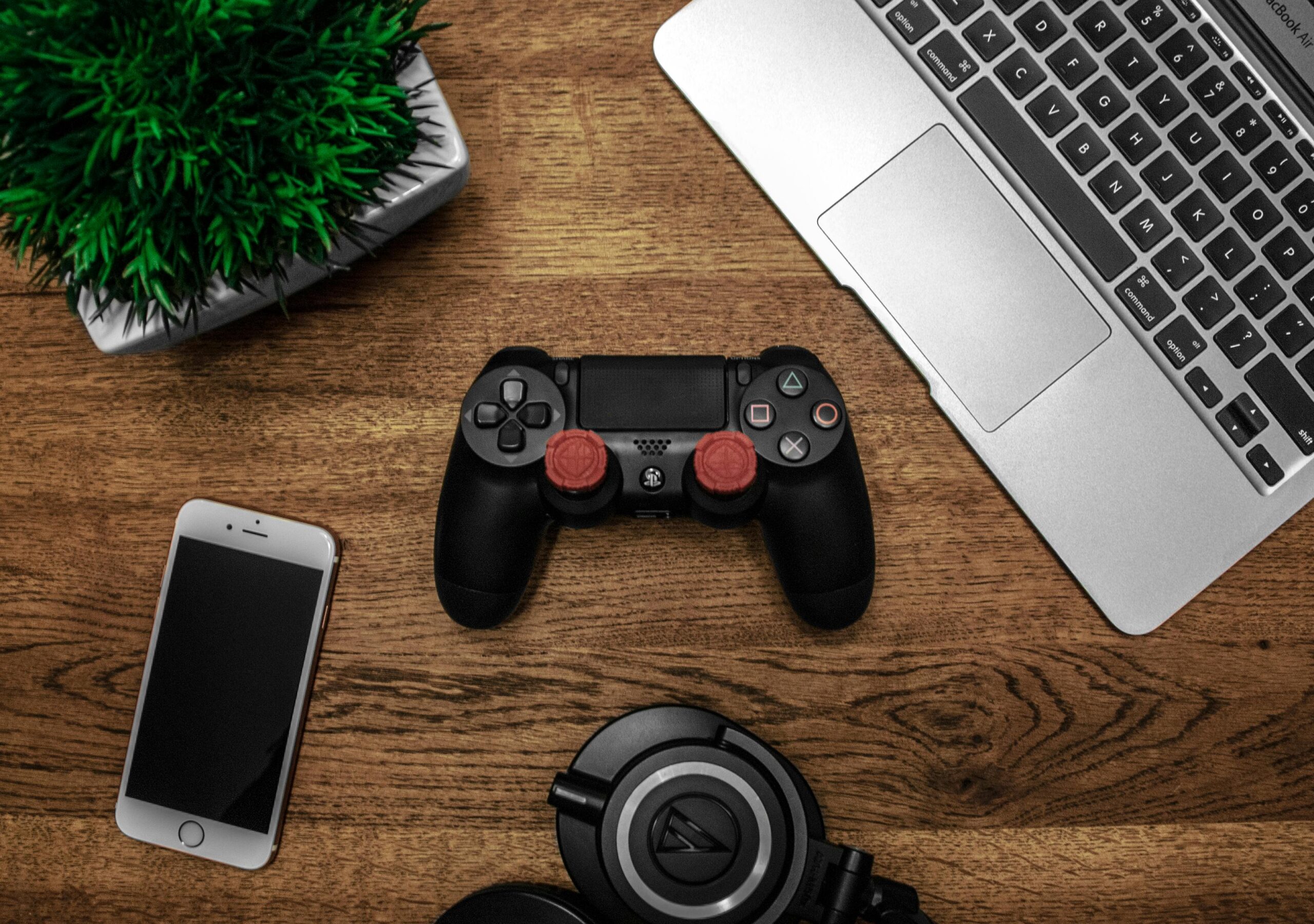
The Loot Box Trap: Uncovering the Psychology Behind Gamer Spending
Loot boxes have become a staple feature in many popular video games, from battle royale titles like Fortnite and Apex Legends to RPGs such as FIFA and Overwatch. If you’ve ever found yourself opening loot boxes repeatedly, wondering why you can’t stop spending coins or real money on them, you’re not alone. the psychology behind loot boxes taps into powerful cognitive mechanisms that influence gamer behavior, making these digital treasure chests incredibly addictive.
In this article, we’ll dive deep into why loot boxes keep gamers hooked, explore the psychological principles involved, and provide tips on how to enjoy gaming without falling into a spending spiral. Whether you’re a casual gamer or an esports enthusiast, understanding this phenomenon can help you game smarter and healthier.
What Are Loot Boxes and Why Are they So Popular?
Simply put, loot boxes are virtual items in games that contain random rewards—anything from rare skins and character upgrades to in-game currency and power-ups. Players can acquire loot boxes through gameplay or by purchasing them outright.
- Randomized rewards: Each box contains a chance-based set of items, where rare, highly coveted items have low drop rates.
- In-game and real money purchases: Loot boxes blur the line between free-to-play progression and microtransactions.
- Social validation: Exclusive items or cosmetics encourage players to show off their collections and status.
The fusion of anticipation, surprise, and reward keeps players coming back. But what exactly is happening inside a gamer’s brain during these moments? Let’s break it down.
The Neuroscience of Loot Boxes: How Your Brain Reacts
Variable Reward Schedules and Dopamine Hits
Loot boxes operate on what psychologists call a variable ratio reinforcement schedule, similar to slot machines in casinos. This means rewards are given at unpredictable intervals, which is proven to activate the brain’s reward system more effectively than fixed rewards.
when you open a loot box, your brain releases dopamine—a neurotransmitter associated with pleasure and motivation—especially if you land a rare or valuable item. The unpredictability leads to a surge in dopamine each time you open a box, reinforcing the behavior and making you want to try again.
Fear of Missing Out (FOMO) and Limited-Time Offers
Many games implement limited-time loot boxes or exclusive seasonal items. This triggers FOMO, compelling players to buy loot boxes either to keep up with friends or to avoid missing rare content. This social and temporal pressure amplifies spending tendencies.
The Endowment Effect & Sunk Cost Fallacy
Once players have invested time or money into opening loot boxes, they feel attached to their existing items—even if they’re not perfect. This “endowment effect” makes gamers hesitant to stop spending,as they want to justify prior expenses. Similarly, the sunk cost fallacy keeps players opening more boxes, hoping to redeem or enhance their investments.
How Loot Boxes Affect Gaming Communities and Player Behavior
The integration of loot boxes has generated mixed reactions within the gaming community. Here are some key impacts:
| effect | Impact on Gamers | Community Response |
|---|---|---|
| Increased Spending | Players frequently enough spend significant amounts chasing rare items,sometimes beyond their budget. | Concerns raised about gambling-like features and potential for addiction. |
| Competitive Imbalance | Pay-to-win scenarios where rarer loot can confer gameplay advantages. | Calls for greater fairness and openness. |
| Social validation | Rare cosmetics boost social status and identity expression. | Positive community engagement but also exclusionary behavior. |
Tips for Gamers: how to Enjoy Loot Boxes Without Overspending
Being aware of the psychology behind loot boxes puts you in control. Here are practical tips to avoid pitfalls and still enjoy gaming rewards:
- Set a strict budget: Decide how much money you’re willing to spend on loot boxes monthly and stick to it.
- Limit the frequency: Instead of opening every box immediately, space out your openings to reduce impulsive spending.
- Focus on gameplay: Prioritize enjoying the game itself over cosmetic rewards to maintain long-term satisfaction.
- Use in-game currency wisely: Earn and save in-game currency from challenges rather than always buying boxes with real money.
- Avoid peer pressure: Play at your own pace without chasing after exclusive items because friends have them.
The Future of Loot Boxes: Industry Trends and regulations
Facing mounting controversy, including legal scrutiny in countries like Belgium and the Netherlands, game developers are evolving their approach:
- Transparent drop rates: many games now disclose odds to increase fairness.
- Cosmetic-only loot boxes: Shifting towards non-pay-to-win items reduces competitive imbalance.
- Alternative monetization: Battle passes and direct item purchases offer more predictable options.
As the industry adapts,players can expect more responsible designs that prioritize enjoyment without exploitative spending tactics.
Conclusion: Understanding Loot Boxes empowers Gamers
Loot boxes tap into deep psychological mechanisms—dopamine release,variable rewards,and social validation—that explain why gamers keep spending and often can’t stop.recognizing these influences arms players with the knowledge to enjoy loot box systems without succumbing to compulsive buying. By setting limits, focusing on gameplay, and advocating for transparency, you can keep gaming fun, affordable, and rewarding.
whether you love collecting epic skins or just want to enhance your gaming experience, understanding the psychology behind loot boxes is your first step toward responsible, enjoyable spending. Happy gaming and may your next loot box open bring that rare item you’ve been dreaming of!